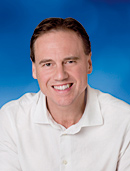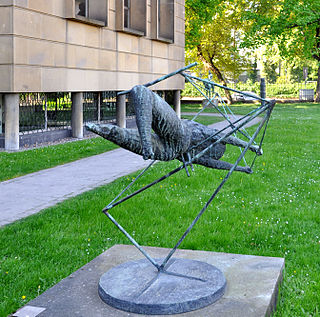A Quote by Kenneth Keniston
The myth of self-sufficiency blinds us to the workings of other forces in family life. For families are not now, nor were they ever, the self-sufficient building blocks of society, exclusively responsible, praiseworthy, and blamable for their own destiny. They are deeply influenced by broad social and economic forces over which they have little control.
Related Quotes
The myth of the self-sufficient individual and of the self-sufficient, protected, and protective familytells us that those who need help are ultimately inadequate. And it tells us that for a family to need help--or at least to admit it publicly--is to confess failure. Similarly, to give help, however generously, is to acknowledge the inadequacy of the recipients and indirectly to condemn them, to stigmatize them, and even to weaken what impulse they have toward self-sufficiency.
Recognizing that family self-sufficiency is a false myth, we also need to acknowledge that all today's families need help in raising children. The problem is not so much to reeducate parents but to make available the help they need and to give them enough power so that they can be effective advocates with and coordinators of the other forces that are bringing up their children.
I think the Bhagavad Gita is about both the forces of light and the forces of darkness that exist within our own self, within our own soul; that our deepest nature is one of ambiguity. We have evolutionary forces there - forces of creativity, and love, and compassion, and understanding. But we also have darkness inside us - the diabolical forces of separation, fear and delusion. And in most of our lives, there is a battle going on within ourselves.
In the early nineteenth century, the doctrine of self-sufficiency came to apply to families as well as individuals.... The familybecame a special protected place, the repository of tender, pure, and generous feelings (embodied by the mother) and a bulwark and bastion against the raw, competitive, aggressive, and selfish world of commerce (embodied by the father).... In performing this protective task, the good family was to be as self-sufficient as the good man.
The daimonic refers to the power of nature rather than the superego, and is beyond good and evil. Nor is it man's 'recall to himself' as Heidegger and later Fromm have argued, for its source lies in those realms where the self is rooted in natural forces which go beyond the self and are felt as the grasp of fate upon us. The daimonic arises from the ground of being rather than the self as such.
These events are swirling around them. In the white community, people felt like they had no control over their neighborhoods, their destiny. In the black community, centuries of government and economic forces were pushing on them. I went in with a kind of arrogance, maybe, that came from living in a very intellectual family, and I left knowing that there was a lot about the way people lived that I didn't know about.
The life we live today - the environment in which we live - is not one of security - it's one of doubt, one of suspicion, one of absolute tension - we're not a pastoral society any more. We feel around us the pressure of man's inadequacy to control his own development. The time when the great forces of nature, the stones and the rocks, were the gods, is gone.
What I call my 'self' now is hardly a person at all. It's mainly a meeting place for various natural forces, desires, and fears, etcetera, some of which come from my ancestors, and some from my education, some perhaps from devils. The self you were really intended to be is something that lives not from nature but from God.





























